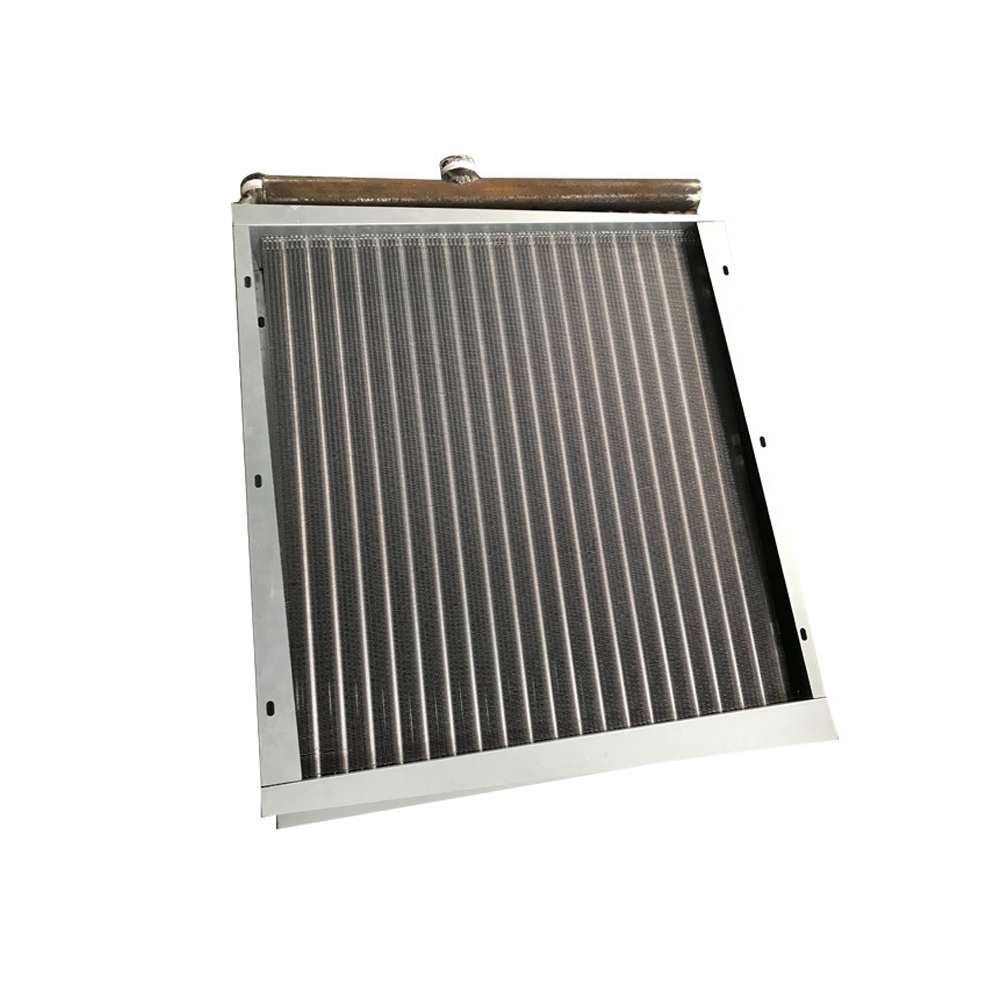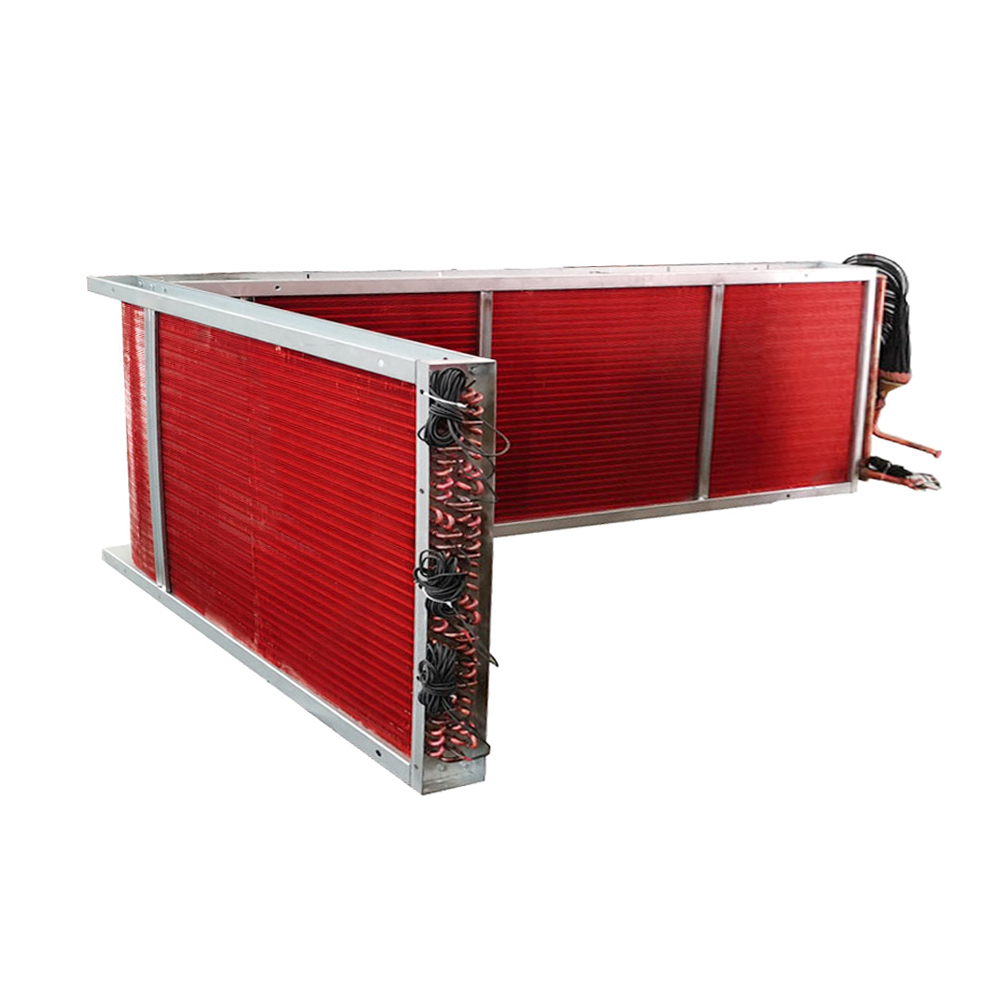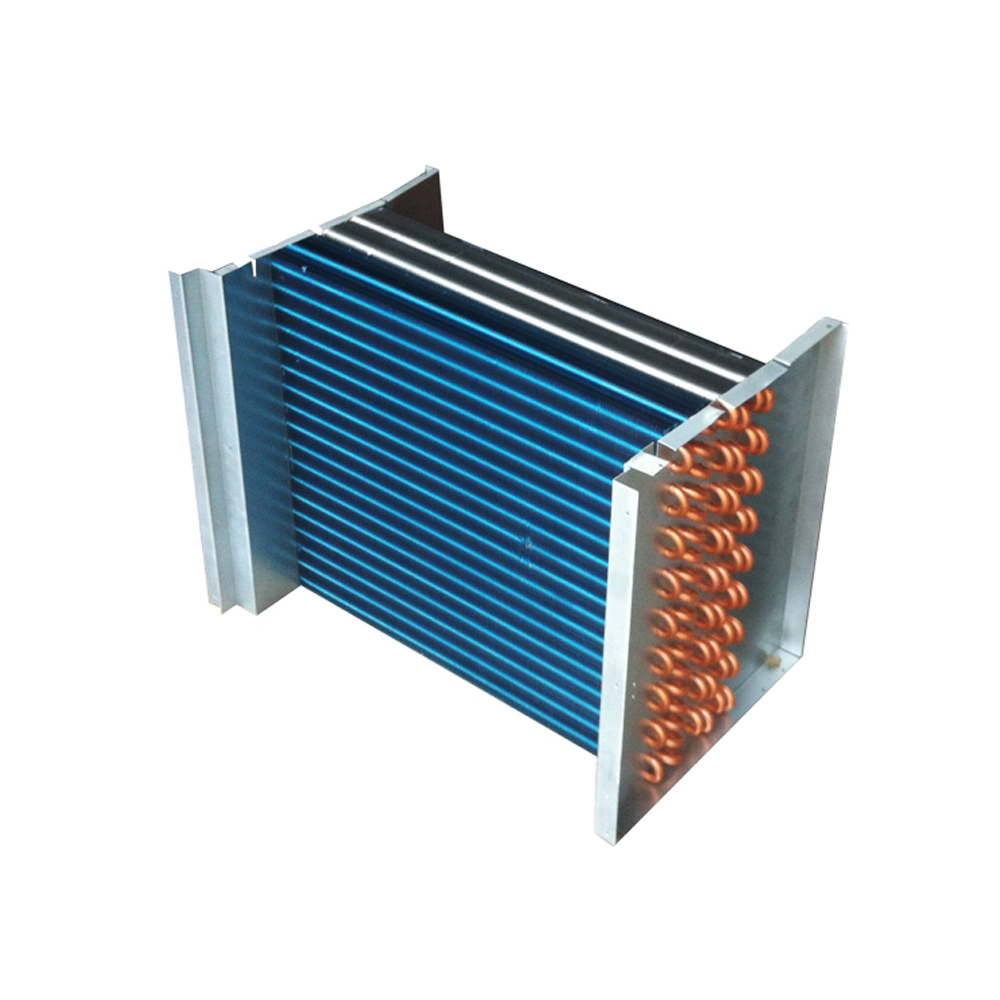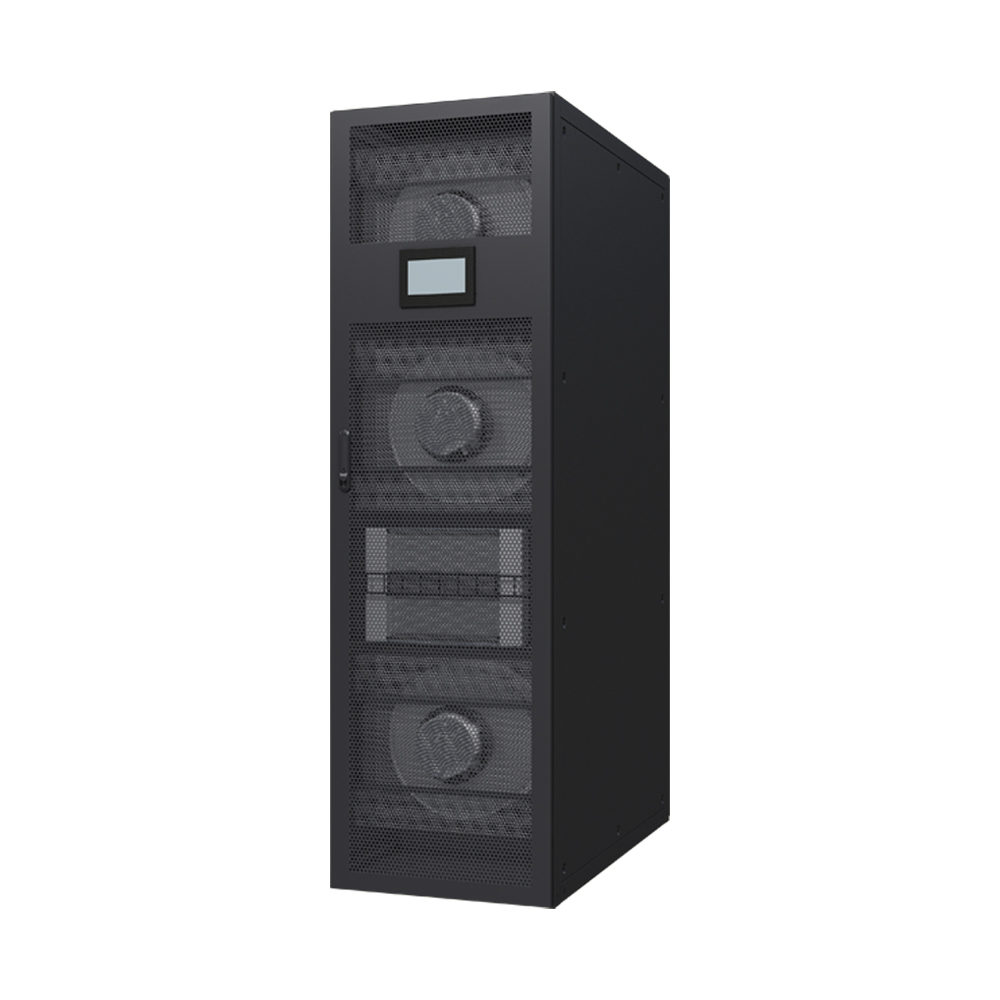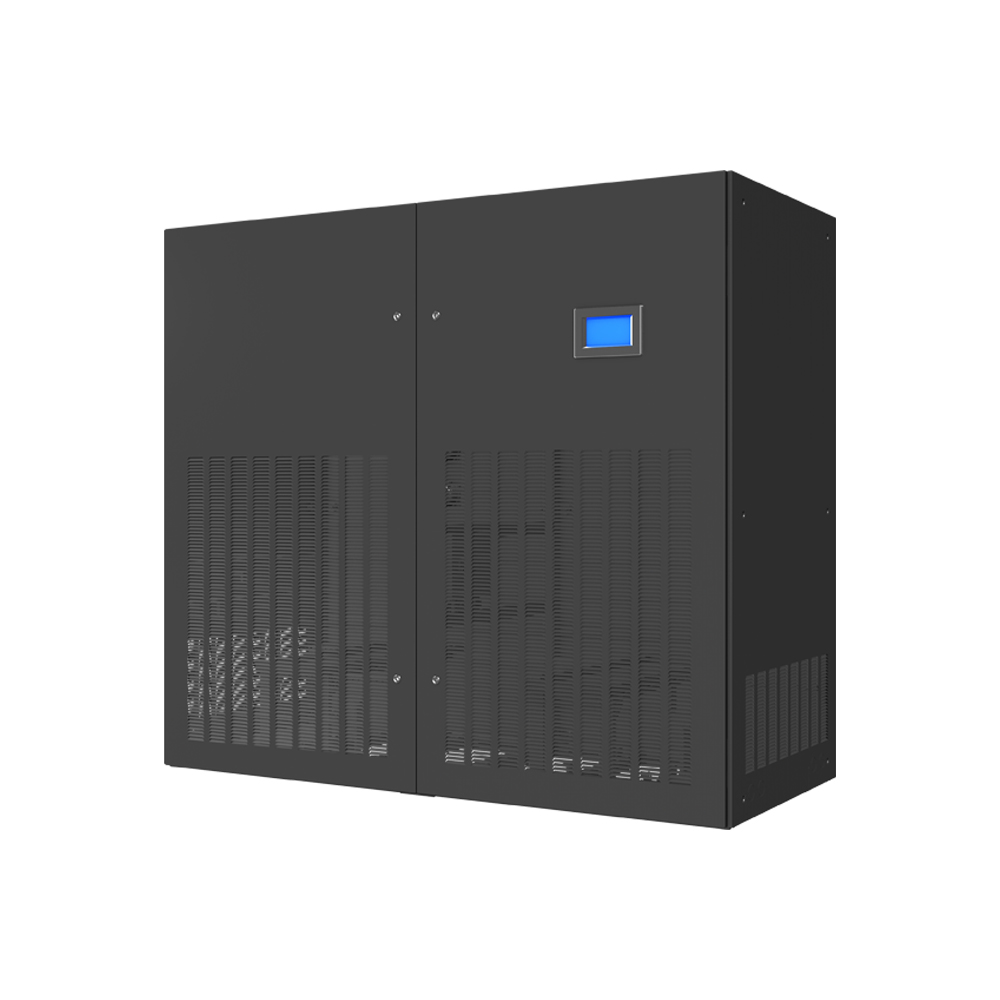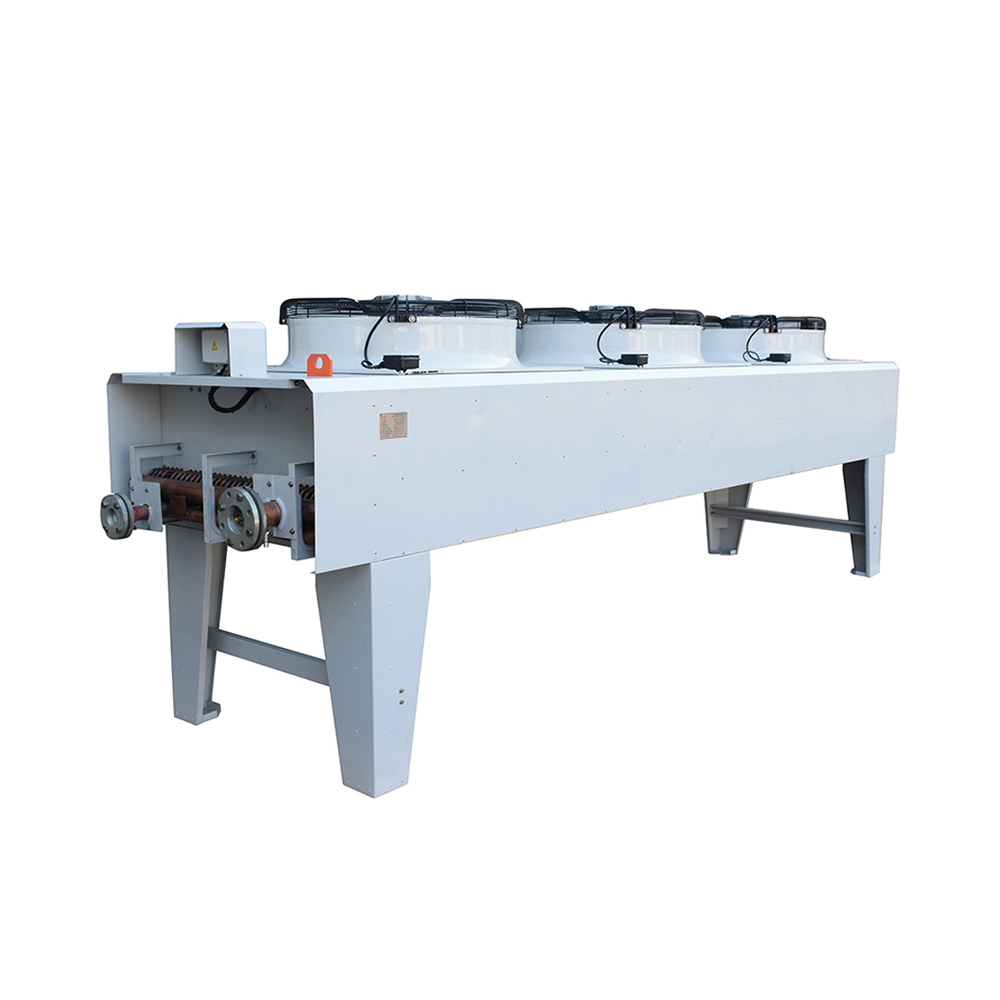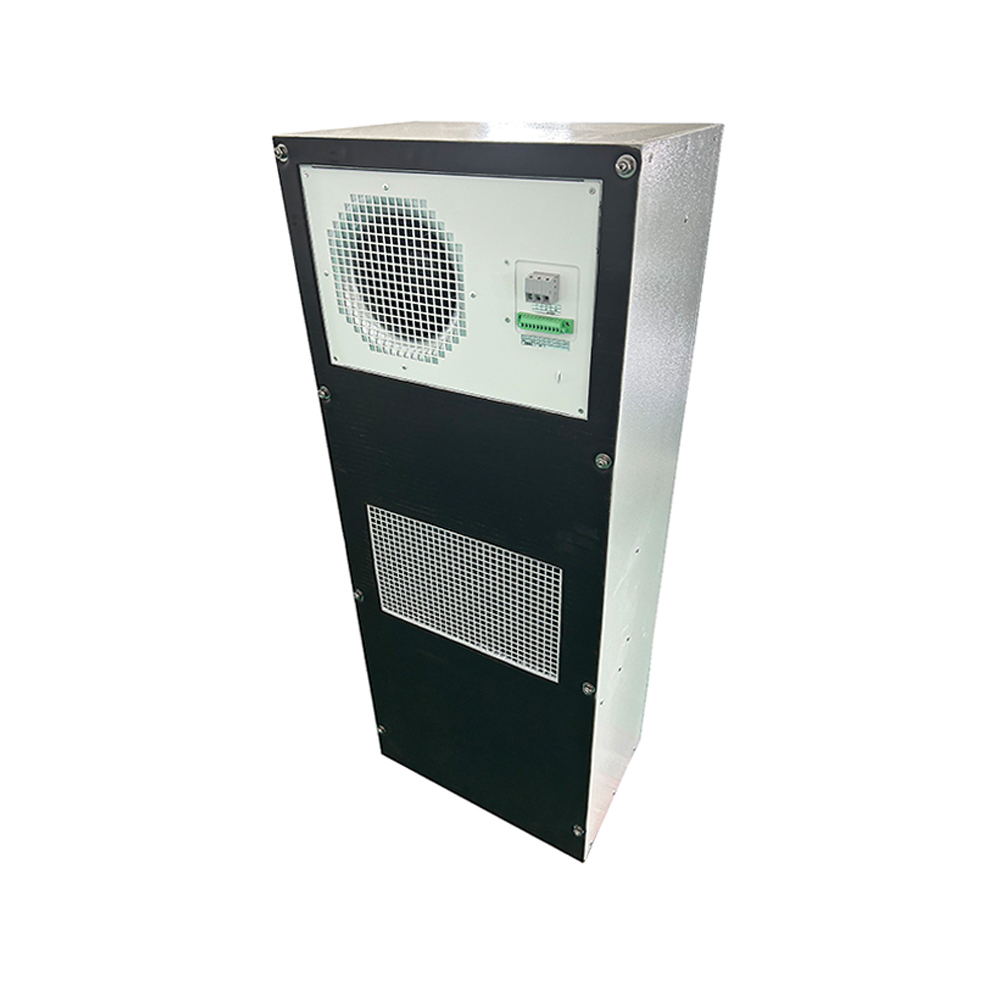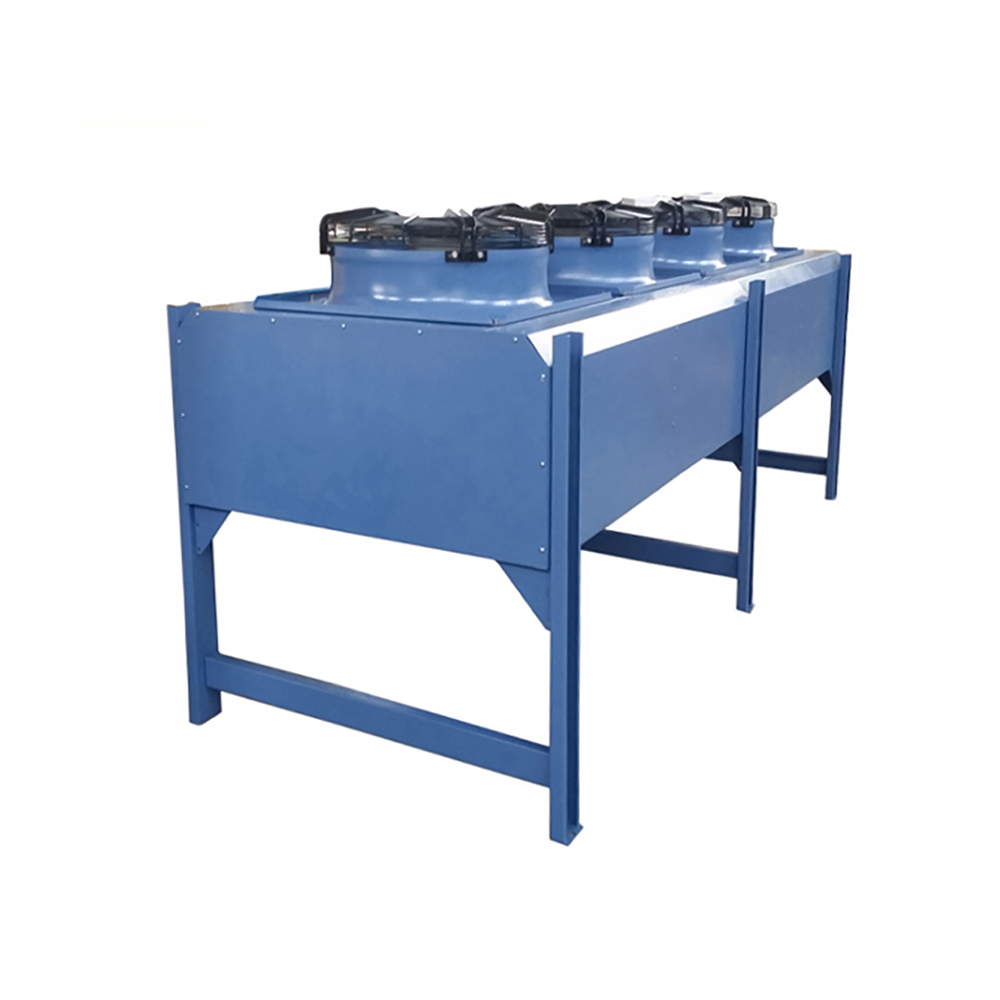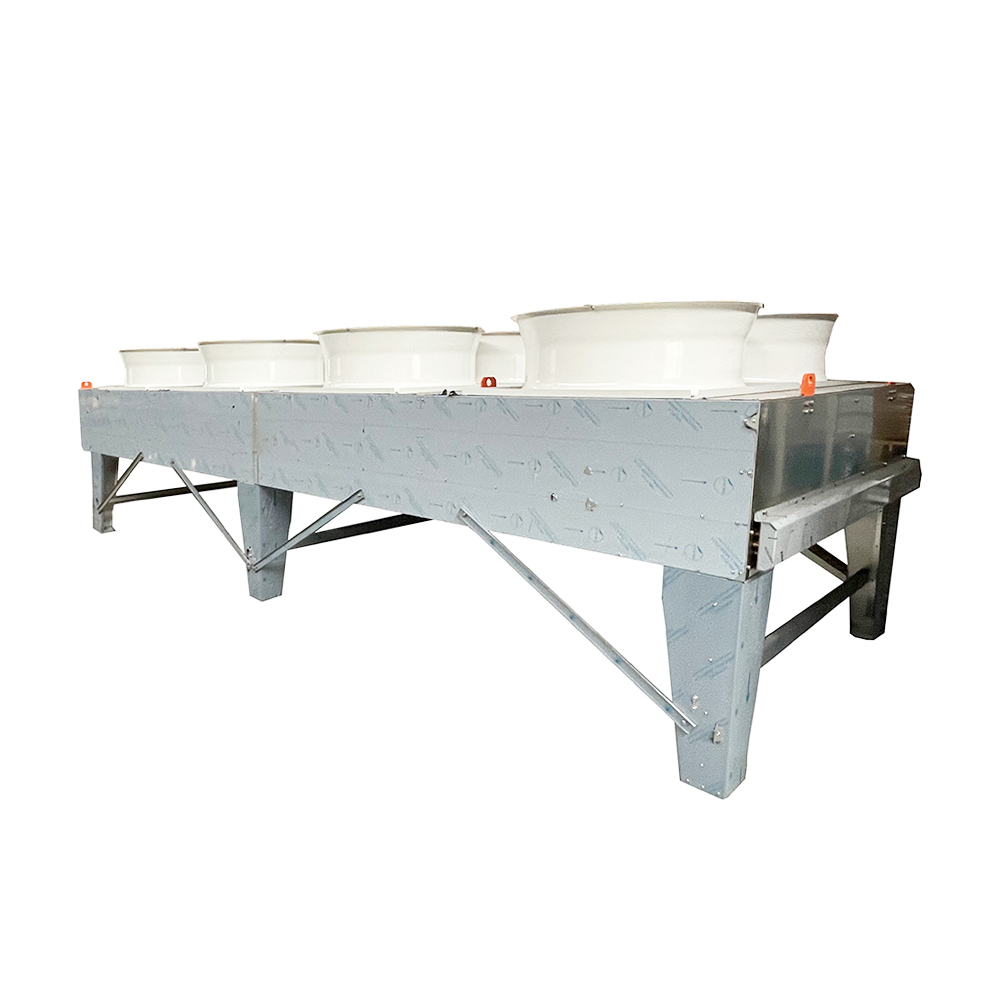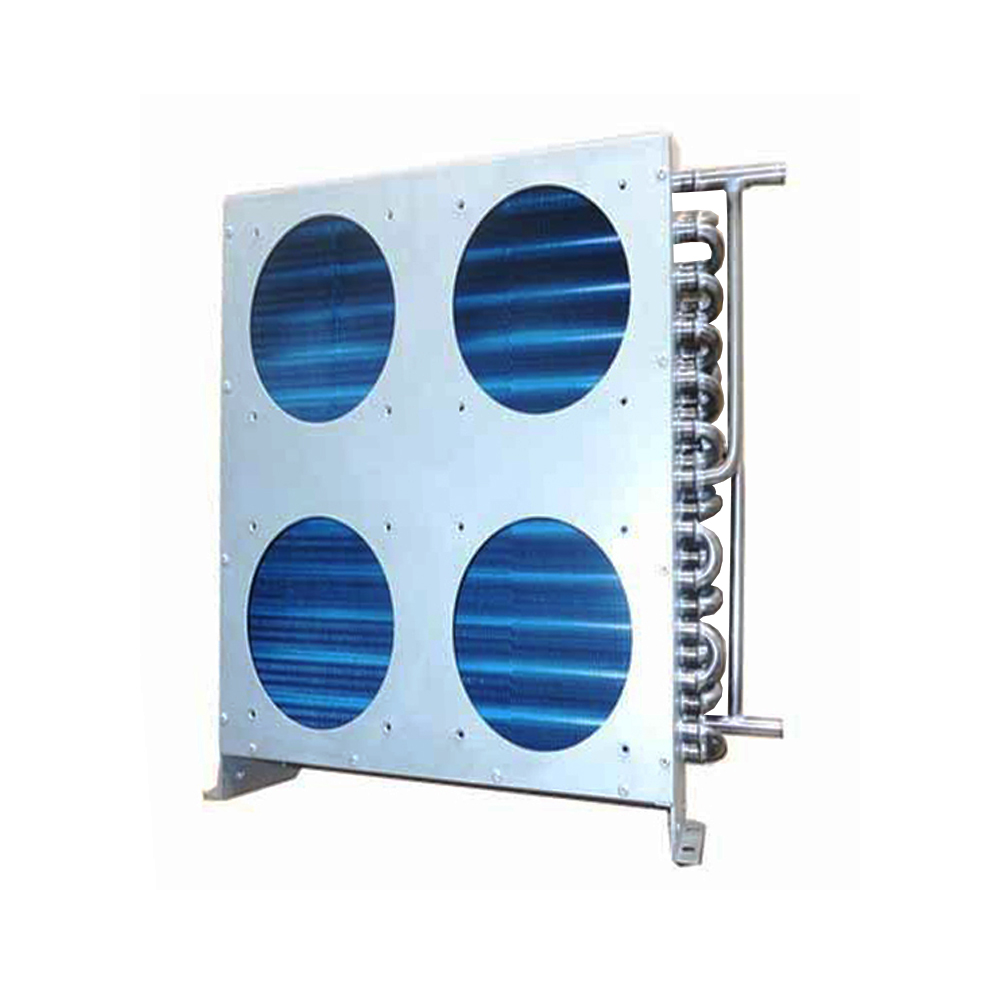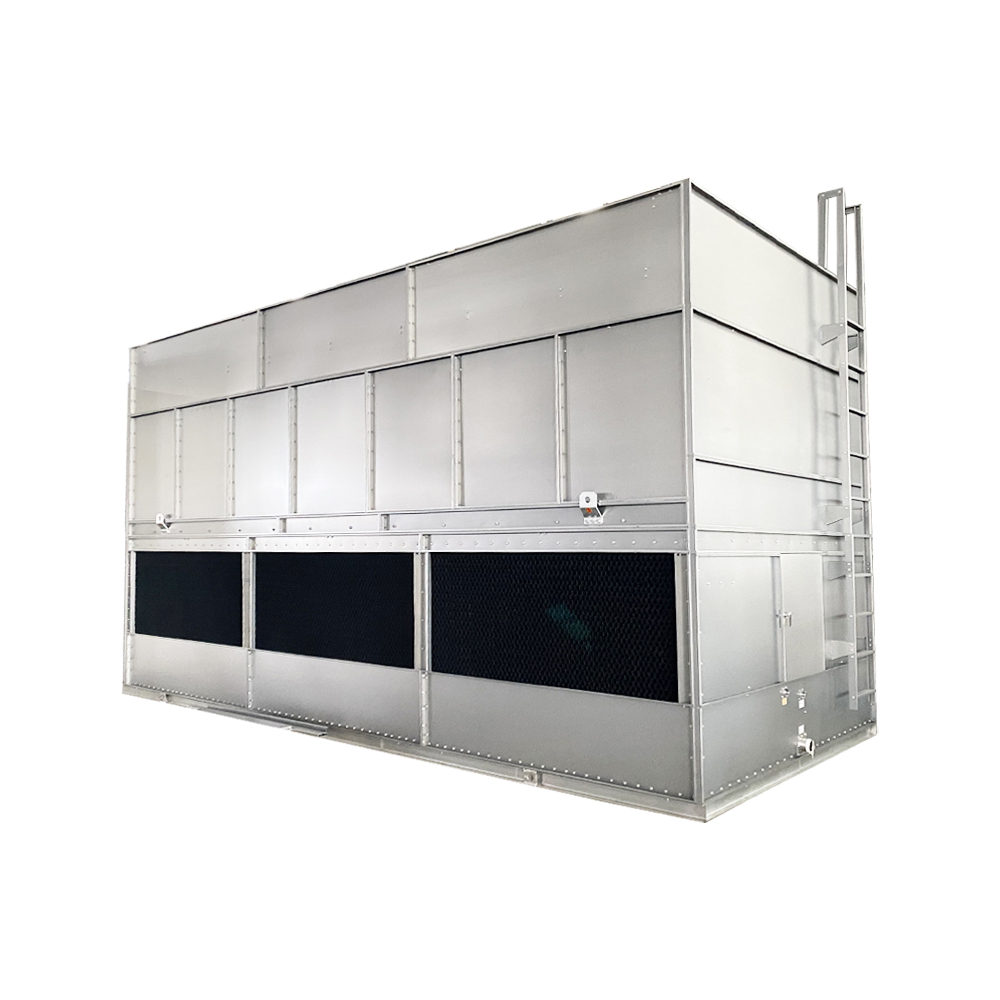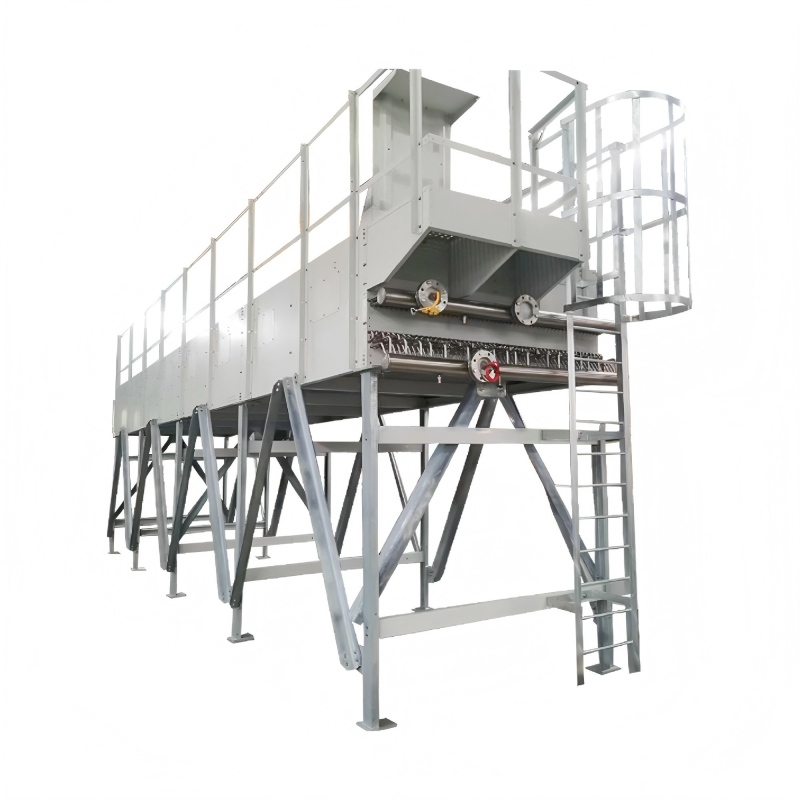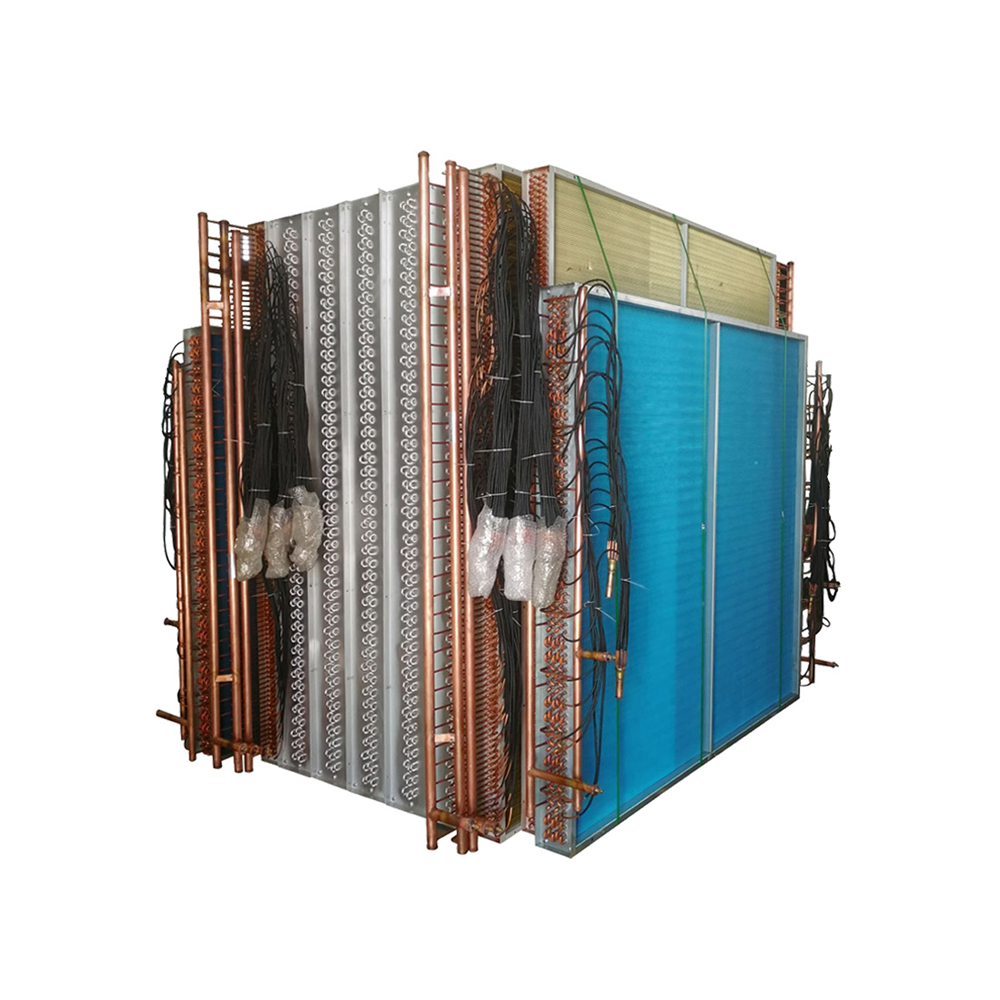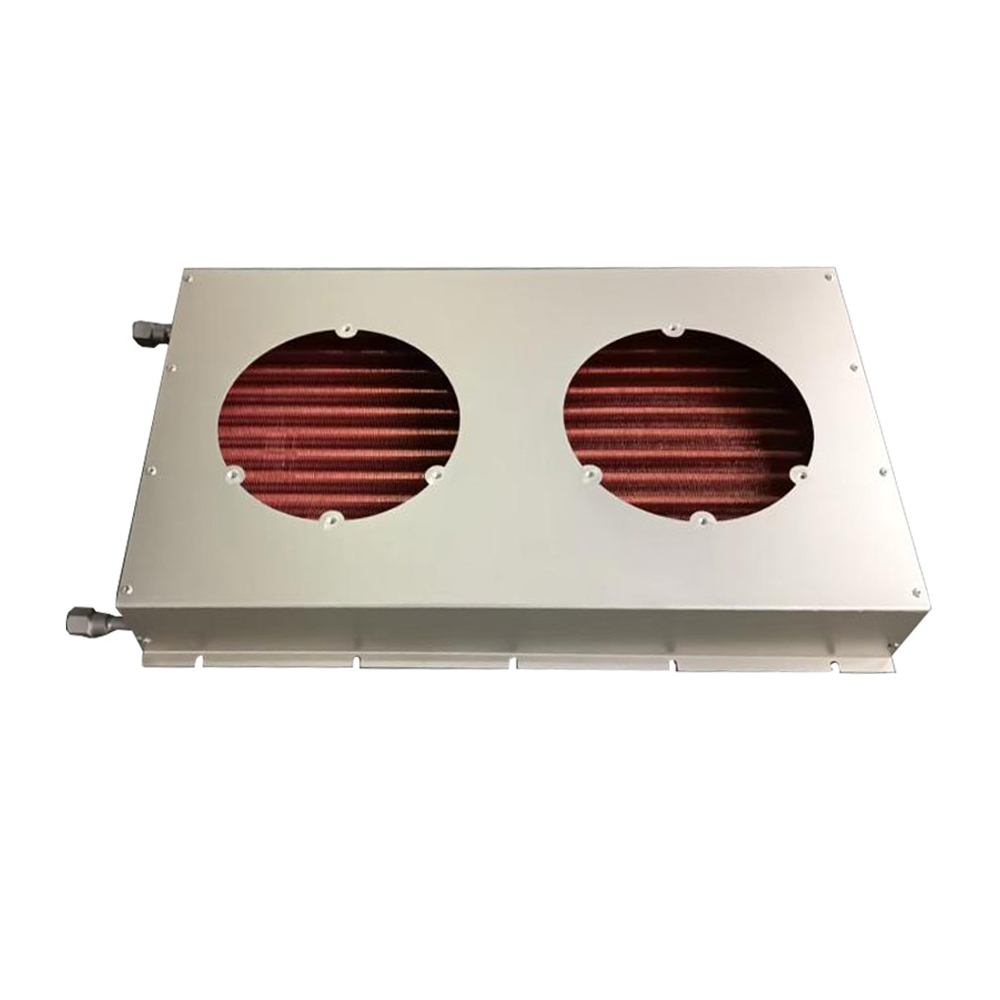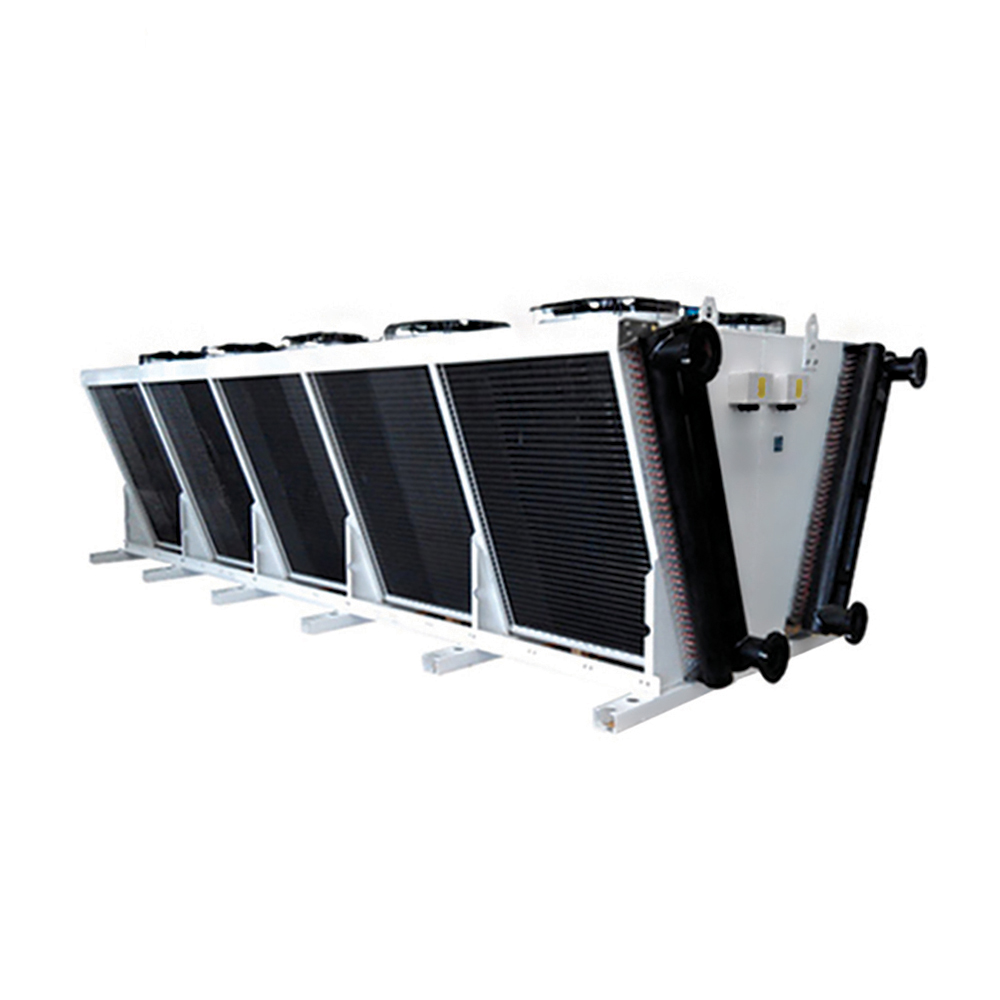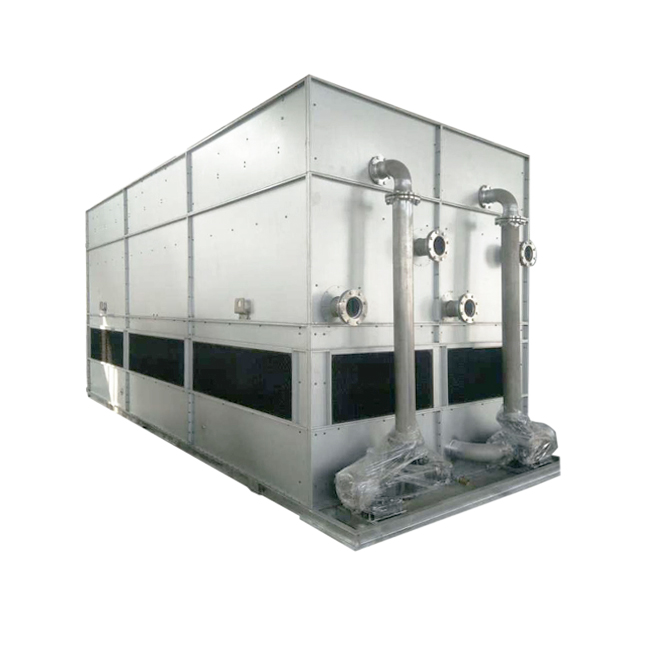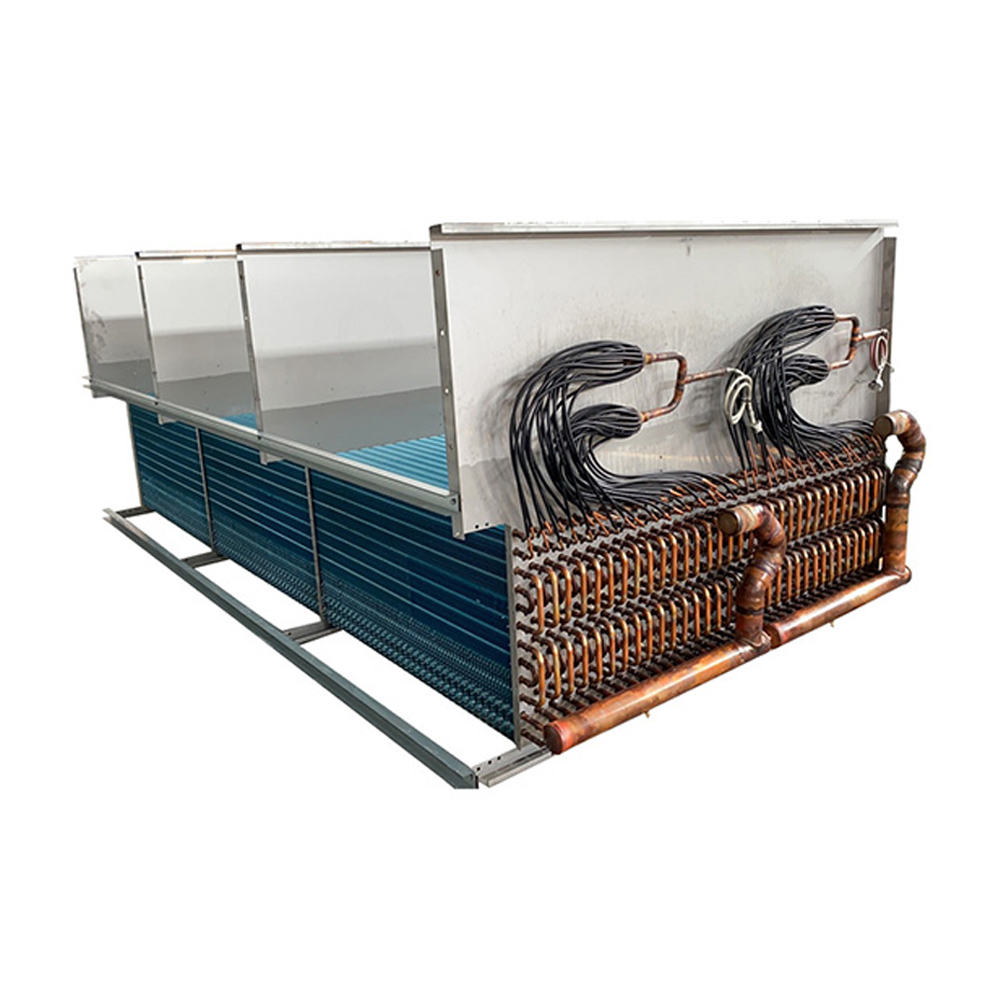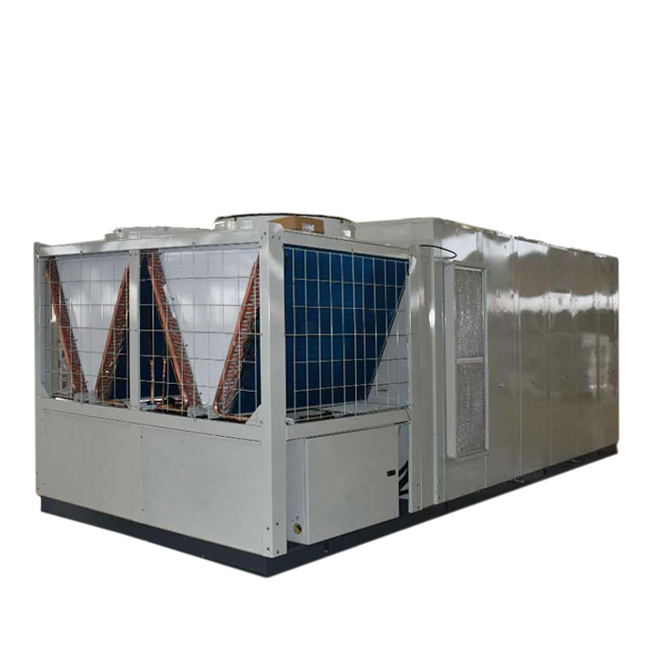OEM Condenser Coils Manufacturer: Your Guide to Choosing the Right PartnerOEM condenser coils are critical components in various cooling systems. This guide helps you understand the factors to consider when selecting a reliable OEM condenser coils manufacturer. We'll explore coil types, material choices, manufacturing processes, and key considerations for ensuring quality and performance.
Understanding OEM Condenser Coil Manufacturing
Types of Condenser Coils
Several types of condenser coils exist, each suited to different applications. Common types include: Finned Tube Coils: These are the most prevalent, featuring numerous fins attached to tubes to maximize surface area for heat transfer. Material choices impact performance and lifespan. Copper is a popular choice due to its excellent heat conductivity and corrosion resistance, while aluminum offers a lighter and less expensive alternative. Plate-Fin Coils: These coils use thin, flat plates to create a compact design, ideal for space-constrained applications. They often offer superior efficiency compared to finned tube coils, but can be more expensive. Microchannel Coils: These utilize small channels for refrigerant flow, resulting in increased efficiency and reduced refrigerant charge. They’re particularly suited for applications where efficiency and environmental considerations are paramount.
Materials and Their Properties
The material selection significantly impacts coil performance and longevity. Popular choices include:| Material | Advantages | Disadvantages ||---------------|-------------------------------------------|---------------------------------------------|| Copper | Excellent heat transfer, corrosion resistance | Higher cost || Aluminum | Lightweight, cost-effective | Lower heat transfer compared to copper, prone to corrosion || Copper-Aluminum | Combines advantages of both materials | More complex manufacturing process |
| Material | Advantages | Disadvantages |
| Copper | Excellent heat transfer, high corrosion resistance | Higher cost |
| Aluminum | Lightweight, cost-effective | Lower heat transfer than copper, susceptible to corrosion |
| Copper-Aluminum | Combines the benefits of both materials | More complex manufacturing process |
Manufacturing Processes
OEM condenser coils manufacturers employ various techniques, including brazing, soldering, and expansion techniques. The choice depends on the coil design and material. Quality control throughout the process is crucial to ensure consistent performance and prevent defects.
Choosing the Right OEM Condenser Coils Manufacturer
Selecting a reliable
OEM condenser coils manufacturer is crucial for the success of your project. Consider the following factors:
Quality Assurance
Look for manufacturers with robust quality control processes and certifications like ISO 9001. Inquire about their testing procedures and defect rates.
Production Capacity and Lead Times
Ensure the manufacturer can meet your production volume requirements and deliver within your desired timeframe.
Technological Capabilities
Consider their expertise in various coil designs and materials, along with their ability to customize coils to your specific needs. Innovation and advanced manufacturing techniques are key indicators of a strong partner.
Customer Support and After-Sales Service
A responsive and helpful support team can address any issues or questions that may arise during or after the manufacturing process.
Finding Your Ideal Partner: Shanghai SHENGLIN M&E Technology Co., Ltd
For high-quality
OEM condenser coils, consider
Shanghai SHENGLIN M&E Technology Co., Ltd. They offer a wide range of solutions tailored to meet specific needs. Their commitment to quality and customer service makes them a trusted partner in the cooling industry. Contact them today to discuss your requirements.
Disclaimer: This information is for general guidance only. Always consult with a qualified professional for specific advice.









.jpg)
